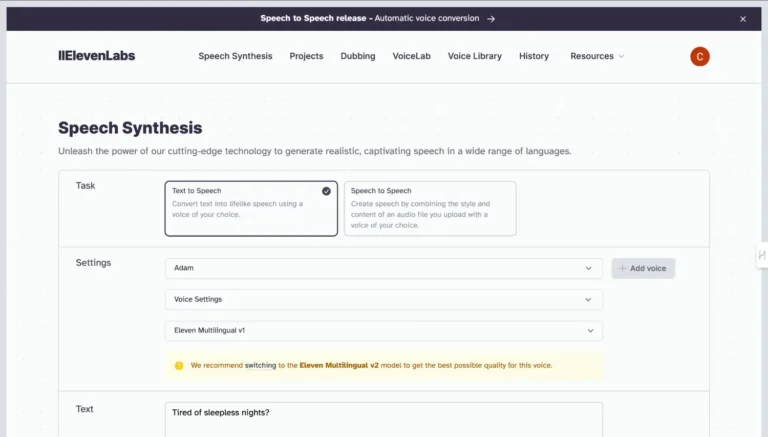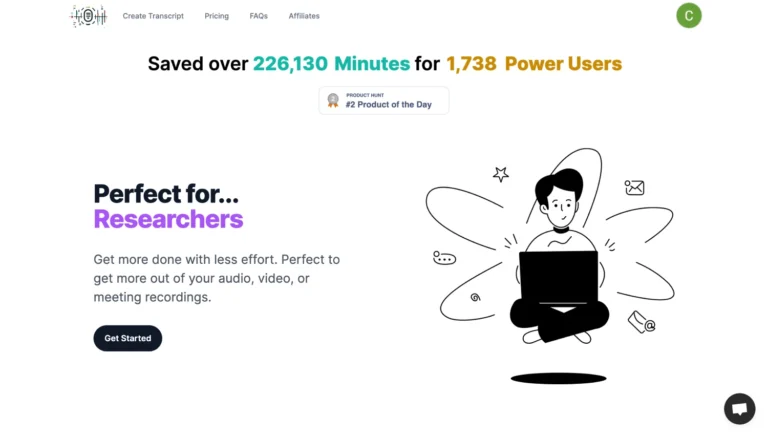Table of Contents
In today’s fast-paced financial markets, traders are constantly seeking ways to gain an edge and maximize their profits. One increasingly popular tool that traders are turning to is AI platforms. These platforms utilize advanced algorithms and machine learning techniques to analyze vast amounts of data and make informed trading decisions. In this article, we will explore the benefits of using AI platforms for trading and provide insights for traders looking to enhance their trading strategies and improve their decision-making process.
Key Takeaways
- AI platforms can enhance trading efficiency by automating trading strategies, providing real-time market analysis, and offering risk management tools.
- Using AI-powered trading platforms can improve decision-making by leveraging predictive analytics for market trends, sentiment analysis for trading signals, and algorithmic trading models.
- AI platforms can help traders gain an edge in the market by analyzing vast amounts of data and identifying profitable trading opportunities.
- By leveraging AI platforms, traders can reduce human bias and emotions from their trading decisions, leading to more objective and rational trading strategies.
- The use of AI platforms for trading is becoming increasingly accessible and affordable, making it a viable option for traders of all levels of experience.
Enhancing Trading Efficiency with AI Platforms
Automated Trading Strategies
Automated trading strategies, powered by AI platforms, offer several advantages for traders:
- Efficiency: AI platforms can execute trades at high speeds, eliminating the need for manual intervention.
- Accuracy: AI algorithms can analyze vast amounts of data and identify trading opportunities with precision.
- Consistency: Automated strategies can follow predefined rules consistently, removing emotional biases from trading decisions.
- 24/7 Trading: AI platforms can operate continuously, allowing traders to take advantage of global markets and time zones.
With automated trading strategies, traders can optimize their trading process, improve execution speed, and reduce the impact of human errors. By leveraging AI platforms, traders can enhance their overall trading performance and achieve better results.
Real-time Market Analysis
Real-time market analysis is a crucial component of AI-powered trading platforms. By continuously monitoring market data and price movements, these platforms provide traders with up-to-date information to make informed decisions. Key market indicators are analyzed in real-time, allowing traders to identify trends and patterns that may impact their trading strategies.
- Traders can leverage real-time market analysis to identify entry and exit points for their trades.
- AI platforms use advanced algorithms to process large volumes of data and identify market anomalies that may present trading opportunities.
- Real-time market analysis enables traders to react quickly to changing market conditions and adjust their strategies accordingly.
In addition to real-time analysis, AI platforms also offer historical market data that can be used for backtesting trading strategies and evaluating their performance. By combining real-time and historical data, traders can gain valuable insights into market behavior and make more informed trading decisions.
Tip: Regularly reviewing and analyzing real-time market data can help traders stay ahead of market trends and make timely trading decisions.
Risk Management Tools
Effective risk management is crucial in trading to protect investments and minimize potential losses. AI-powered trading platforms offer a range of risk management tools that can help traders make informed decisions and mitigate risks. These tools include:
- Stop-loss orders: Setting predetermined price levels at which a trade will be automatically closed to limit losses.
- Take-profit orders: Establishing target price levels at which a trade will be automatically closed to secure profits.
- Margin trading controls: Enabling traders to set limits on leverage and manage their exposure to market volatility.
By utilizing these risk management tools, traders can better control their trading activities and reduce the impact of unexpected market movements. It is important for traders to understand and utilize these tools effectively to protect their investments and achieve long-term success in trading.
Improving Decision-making with AI-powered Trading Platforms
Predictive Analytics for Market Trends
Predictive analytics is a powerful tool for traders looking to stay ahead of market trends. By analyzing historical data and identifying patterns, predictive analytics can provide valuable insights into future market movements. Traders can use this information to make informed decisions and adjust their strategies accordingly.
In addition to identifying trends, predictive analytics can also help traders identify potential risks and opportunities. By analyzing market data and identifying patterns, traders can anticipate market movements and take proactive measures to mitigate risks or capitalize on opportunities.
To effectively use predictive analytics for market trends, traders need access to reliable and accurate data. This includes historical price data, market indicators, and other relevant information. By leveraging AI-powered trading platforms, traders can access and analyze large volumes of data in real-time, enabling them to make more informed trading decisions.
In summary, predictive analytics is a valuable tool for traders looking to stay ahead of market trends. By analyzing historical data and identifying patterns, traders can gain valuable insights into future market movements and make more informed trading decisions.
Sentiment Analysis for Trading Signals
Sentiment analysis is a powerful tool for traders to gauge market sentiment and make informed trading decisions. By analyzing social media posts, news articles, and other sources of information, AI-powered trading platforms can identify positive or negative sentiment towards specific assets or markets. This information can be used to anticipate market movements and adjust trading strategies accordingly.
Algorithmic Trading Models
Algorithmic trading models are a key component of AI-powered trading platforms. These models use complex mathematical algorithms to analyze market data and execute trades automatically. By leveraging historical and real-time data, algorithmic trading models can identify patterns, trends, and opportunities that may not be apparent to human traders.
Benefits of Algorithmic Trading Models:
- Speed and Efficiency: Algorithmic trading models can execute trades at high speeds, enabling traders to take advantage of market opportunities in real-time.
- Reduced Emotion and Bias: By removing human emotions and biases from the trading process, algorithmic trading models can make objective decisions based on data and predefined rules.
- Risk Management: Algorithmic trading models can incorporate risk management tools to automatically adjust trading strategies based on market conditions and predefined risk parameters.
Tip: It is important for traders to understand the limitations and risks associated with algorithmic trading models. It is recommended to thoroughly test and monitor these models before fully relying on them for trading decisions.
1. How can AI platforms enhance trading efficiency?
AI platforms can enhance trading efficiency by automating trading strategies, providing real-time market analysis, and offering risk management tools.
2. What are the benefits of automated trading strategies?
Automated trading strategies can execute trades faster, eliminate emotional biases, and operate 24/7 without human intervention.
3. How can AI-powered trading platforms improve decision-making?
AI-powered trading platforms can improve decision-making by utilizing predictive analytics for market trends, sentiment analysis for trading signals, and algorithmic trading models.
4. What is predictive analytics for market trends?
Predictive analytics for market trends is the use of AI algorithms to analyze historical data and identify patterns that can help predict future market movements.
5. How does sentiment analysis help in trading?
Sentiment analysis helps in trading by analyzing social media posts, news articles, and other sources to gauge market sentiment and identify potential trading opportunities.
6. What are algorithmic trading models?
Algorithmic trading models are mathematical models that use predefined rules and algorithms to automatically execute trades based on market conditions and signals.
Conclusion
In conclusion, the use of AI platforms in trading offers numerous benefits for traders. These platforms enhance trading efficiency through automated trading strategies, real-time market analysis, and risk management tools. Additionally, they improve decision-making by providing predictive analytics for market trends, sentiment analysis for trading signals, and algorithmic trading models. Traders can leverage these AI-powered platforms to make more informed decisions and optimize their trading strategies. With the advancements in AI technology, the future of trading is set to be revolutionized by these powerful platforms.













